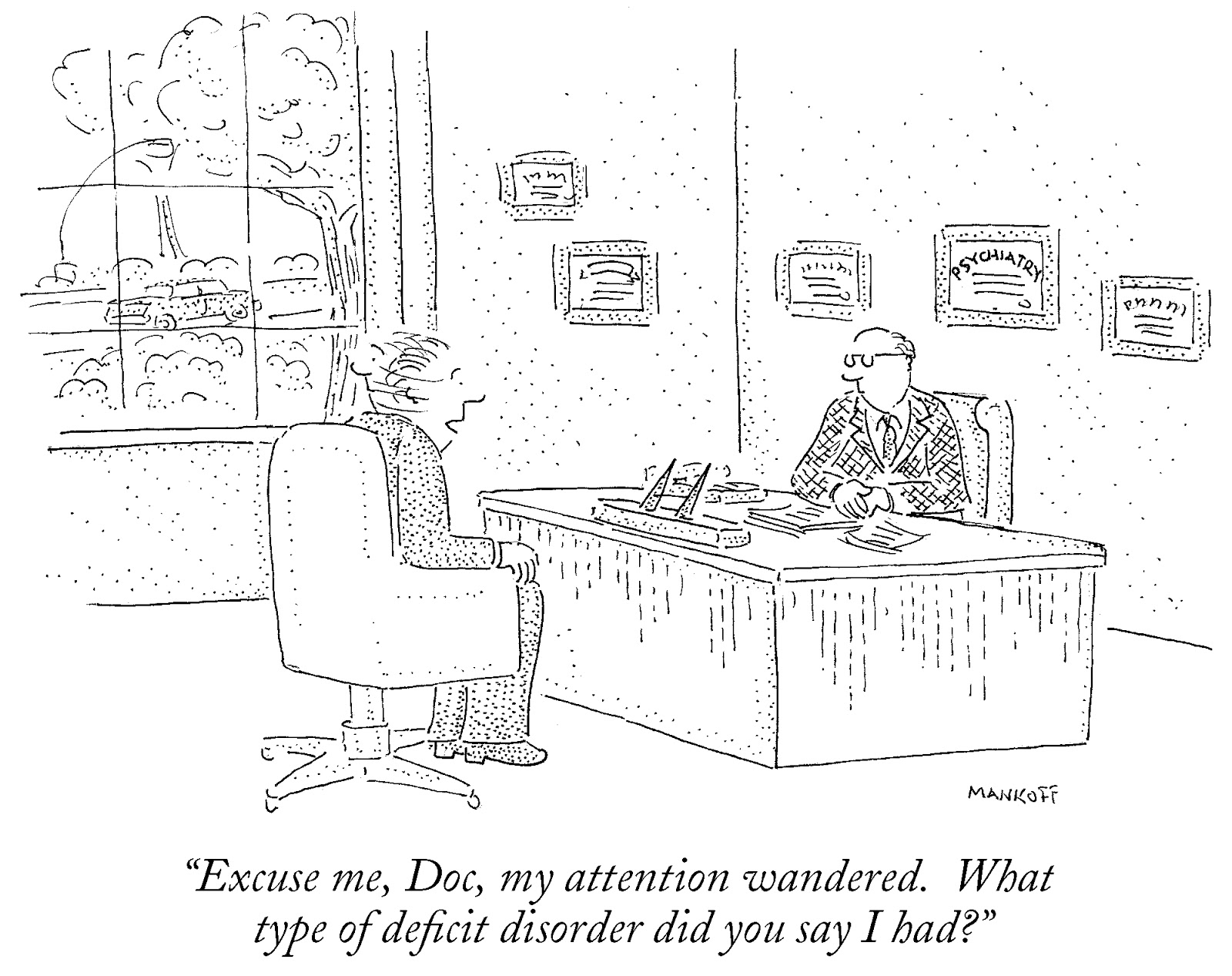One of the most profound insights in all of psychology — and the foundation for much of modern psychotherapy — is this: What we pay attention to becomes our subjective reality.
If, when trying to get to sleep, I ruminate on all the tasks on my to-do list, I experience a different reality than, say, if I contemplate a scene in the novel I’m reading.
Thinking about the grant proposal I need to revise, or the emails I have to return, increases my heart rate and gets my brain geared up as if dawn were breaking. Pondering the romance of young Susan and Oliver in Angle of Repose, on the other hand, has the opposite effect.
Situations are objective, but human attention is selective. This means that in addition to changing your physical surroundings, you improve the odds of achieving your goals when you strategically orient your attention.
As Nobel laureate Danny Kahneman puts it, “nothing in life is as important as you think it is, while you are thinking about it.”
Here are more examples of how directing attention strategically supports self-control:
- Bob Mankoff, the cartoon editor of Air Mail (and former longtime cartoon editor of The New Yorker) told me that he faces his drafting table, and turns his back to his computer, to avoid checking email rather than tackle difficult editorial tasks.
- Sesame Street’s Cookie Monster successfully waits to eat freshly baked cookies by thinking about a story he recently read, singing a song, and taking a deep belly breath.
- And in all my conversations with Oscar-winning producer Brian Grazer, he has never once looked away from me to glance at his phone or laptop. In a recent interview, Brian said: “Every one of my movies…[was] birthed out of human interaction, human connection…which came into play because of eye contact.”
Try taking charge of your attention. Avert your gaze from whatever tempts you. Focus instead on whatever makes achieving your goals easier. Your future self will thank you for it.
With grit and gratitude,
Angela
P.S. Bob has something to add!



